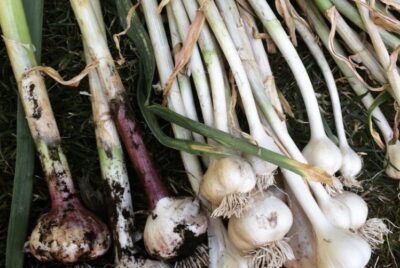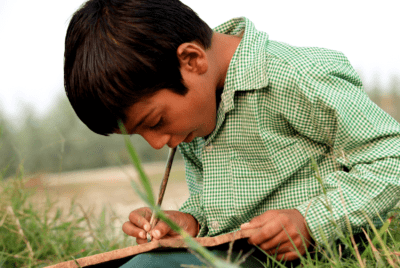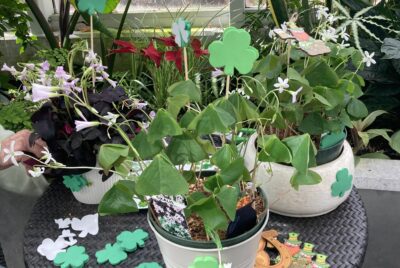RESEARCH
Effects of Horticultural Therapy on Asian Older Adults: A Randomized Controlled Trial
Summary
This randomized controlled trial investigated the effects of horticultural therapy (HT) on 59 older adults in Singapore. Participants were assigned to either an HT intervention group or a waitlist control group. The HT group participated in weekly sessions for three months, followed by monthly sessions for three months, engaging in activities such as indoor gardening, growing vegetables and herbs, and guided walks. Biological (inflammatory markers, hormones) and psychosocial data (cognitive function, mood, social connectedness) were collected at baseline, 3 months, and 6 months.
The results showed a significant reduction in plasma Interleukin-6 levels in the HT group, which may help prevent inflammatory disorders. The waitlist control group showed reductions in plasma cytokines. The HT group also showed a significant improvement in social connectedness. The study suggests that HT may be a valuable intervention for improving the well-being of older adults, particularly in communal gardening settings.







